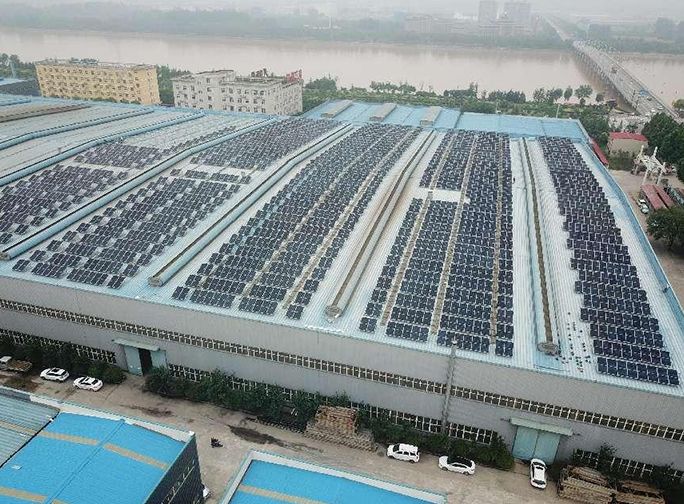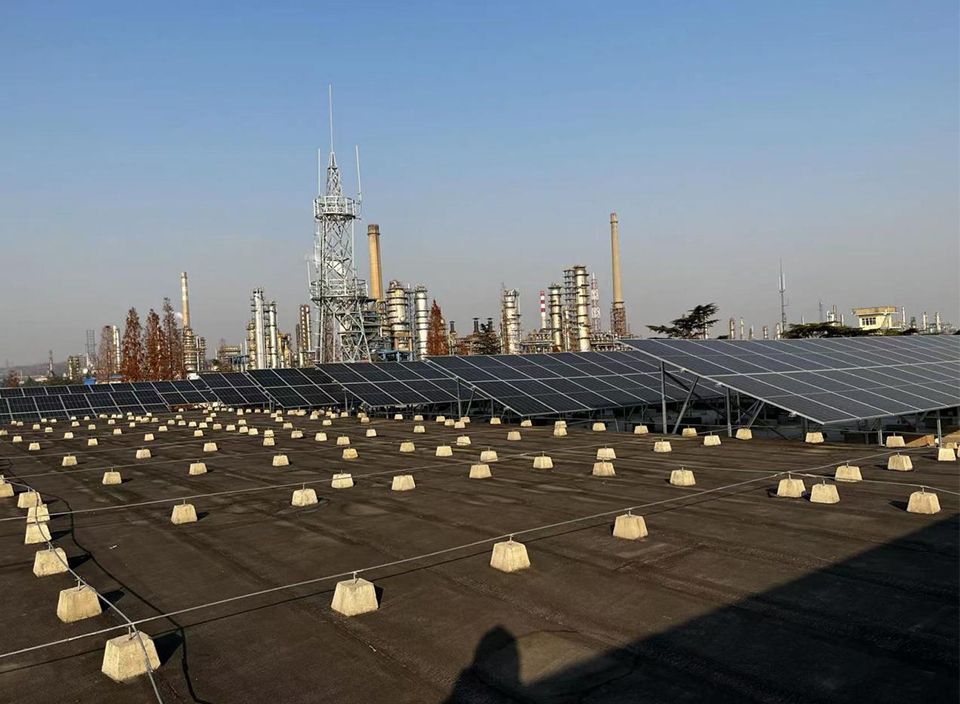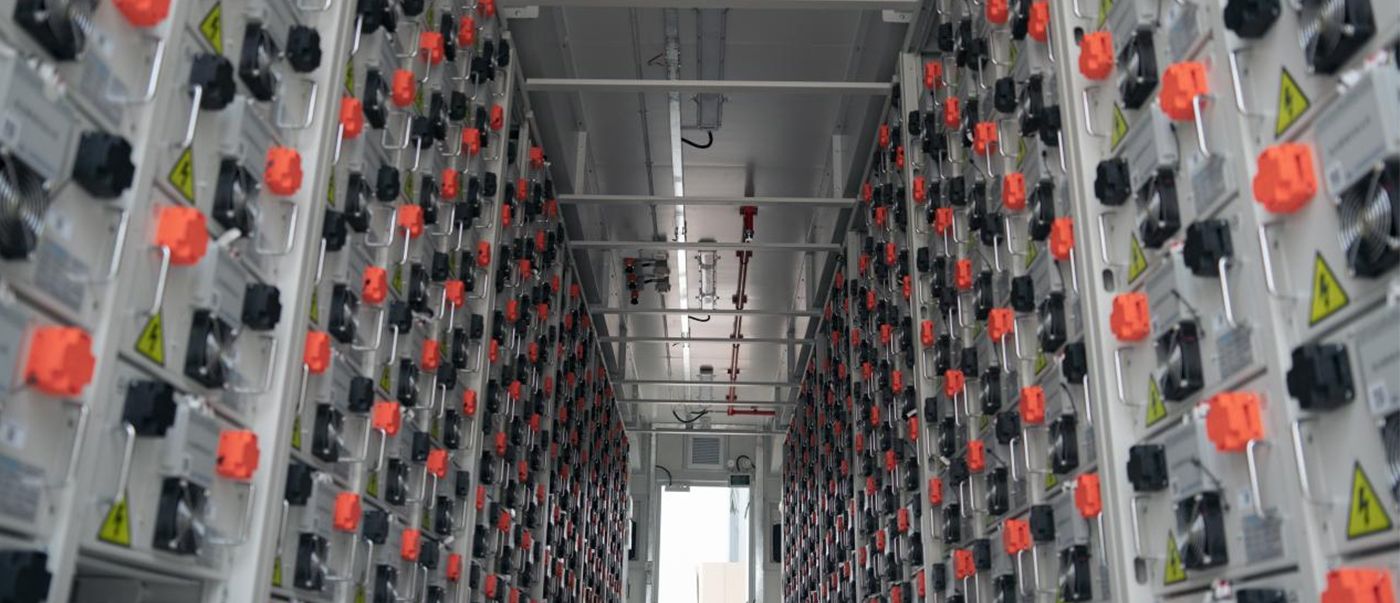Commercial Solar System

Commercial solar systems are globally renowned as one of the most popular sources of electric power. Numerous factories that have adopted solar systems have achieved significant reductions in production costs while embracing environmentally friendly, green energy electricity. The installation methods vary depending on various factors, including the factory's location, available space, and weather conditions.
Would you like more details on a specific type or component of a commercial solar system?
Benefits of Commercial Solar System
1. High investment return: Commercial and industrial photovoltaic power stations can recover the investment cost in a short time and generate stable income in the long run. For factories and commercial buildings with large electricity consumption, photovoltaic power generation can significantly reduce power costs and improve economic efficiency.
2. Good energy saving and emission reduction effects: Commercial and industrial photovoltaic power stations generate electricity using solar energy, without generating pollutants and greenhouse gases. They can effectively reduce environmental impact and reduce reliance on traditional energy sources, improving energy security.
3. Rapid technological development: With the continuous development of photovoltaic technology, the efficiency and reliability of commercial and industrial photovoltaic power stations have been significantly improved. At the same time, the prices of photovoltaic modules are also declining, making the investment cost of commercial and industrial photovoltaic power stations gradually reduce.

Commercial Solar System Key Components
● Solar Panels: Convert sunlight into electricity.
● Inverters: Convert the generated DC electricity from the panels into AC electricity used in buildings.
● Mounting Structures: Hold the solar panels in place, typically on rooftops or in ground-mounted arrays.
● Solar Batteries (optional): Store excess solar energy for use when sunlight is unavailable (during nights or cloudy days).
● Monitoring Systems: Track the system’s performance and energy production.
With the development of technology and the transformation of energy structure, industrial and commercial energy storage systems have developed rapidly in recent years. These systems can be divided into grid-connected and off-grid systems, and are widely used in industrial and commercial areas in different countries and regions.
For developed countries with advanced power grids, energy storage systems are mainly used to stabilize the power grid and improve power reliability. By storing electricity during peak hours and releasing it during low-demand periods, energy storage systems can effectively balance grid loads, preventing power outages or grid collapses caused by power shortages or over-supply. Additionally, these countries can also use the difference in peak, valley, and flat electricity prices to optimize power costs through energy storage systems. For example, storing electricity during low-cost periods and using stored electricity during high-cost periods can reduce power costs.
For underdeveloped regions, industrial and commercial energy storage systems also have important significance. These regions often lack stable power supplies, and industrial and commercial electricity users often face issues such as power shortages and voltage fluctuations. By using energy storage systems, these businesses can ensure stable power supplies at all times, avoiding production interruptions or equipment damage caused by power problems. Additionally, energy storage systems can also improve energy efficiency and competitiveness for businesses, as they can store electricity during peak hours and use stored electricity during low-demand periods, reducing power costs.
Overall, the development of industrial and commercial energy storage systems is of great significance for the transformation and optimization of global energy structures. Whether in developed or developing countries, such systems can improve power reliability and energy efficiency, reduce power costs, and promote sustainable development.

Commercial Solar System
The Commercial Solar System is a solar power setup designed for use in commercial or industrial properties, such as office buildings, factories, warehouses, or retail spaces. These systems are typically larger than residential solar systems and are used to meet the electricity demands of businesses.